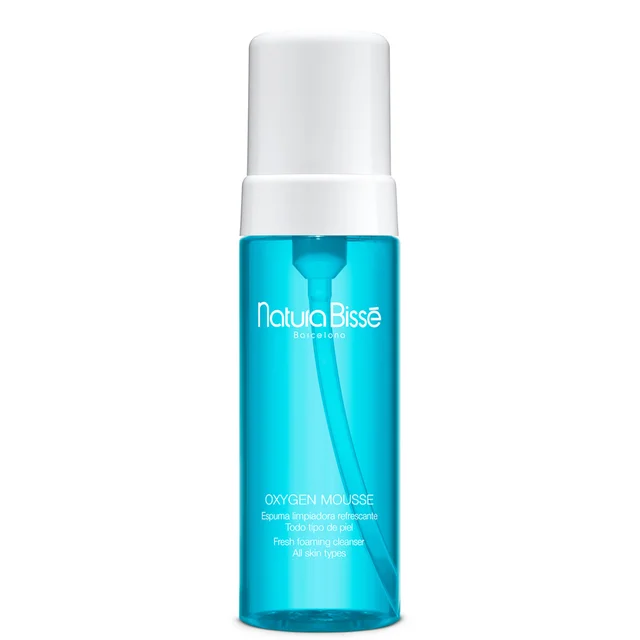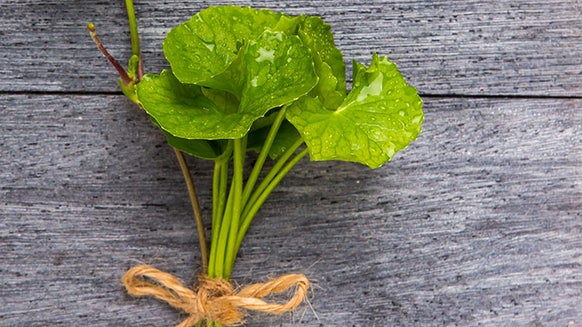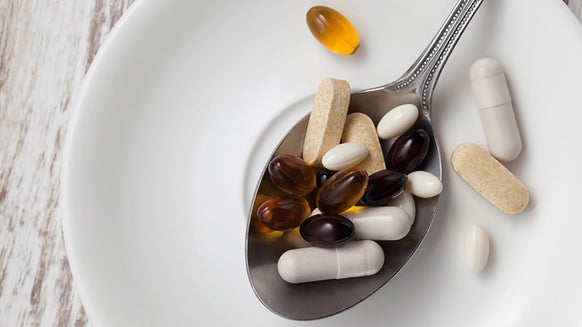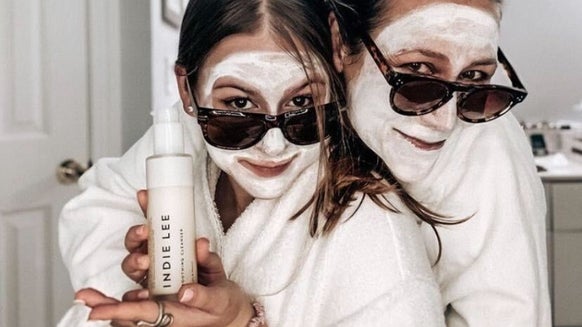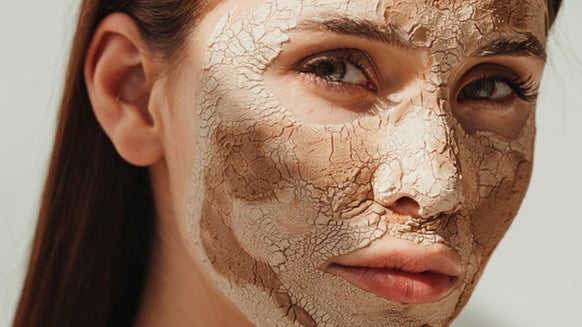Why Mushroom Should Be Your New Favorite Skin Care Ingredient
Mushrooms are not only a delicious addition to many meals (we’re looking at you, mac ’n’ cheese), it turns out they also have quite a few health and skin benefits. “Some of the most popular mushrooms today, like reishi mushrooms, have been used in skin care and supplements for over 2000 years,” says Barbara Close, Naturopathica founder and esthetician who also has a degree in therapeutic herbalism. “With roots in traditional Chinese medicine, mushrooms are associated with restoring vitality and helping to address imbalances, from compromised immunity to sensitized skin, by reducing inflammation,” she adds.
The Health Benefits of Mushroom
Mushrooms have antioxidant and anti-inflammatory properties, meaning they can help boost your overall health, explains Dr. Karyn Grossman, M.D., celebrity dermatologist in Beverly Hills. Penn State researchers found that mushrooms contain two specific antioxidants (ergothioneine and glutathione) that may help protect against free radical damage that can contribute to everything from Alzheimer’s disease to cancer.
“As of late, much attention has been given to the anti-cancer and immune-boosting properties of therapeutic mushrooms,” says Charles Passler, celebrity nutritionist and founder of the nutrition program Pure Change, “but there’s also a good deal of research on other healing properties like cholesterol- and blood pressure–lowering as well as anti-diabetic and anti-inflammatory capacities,” he notes.
The Skin Benefits of Mushroom
When it comes to skin care, mushrooms were originally used for their lightening benefits (kojic acid, a well-known skin-lightener, is found in shiitake mushrooms, says Dr. Grossman), but thanks to their antioxidant properties, mushrooms can also help reduce irritation and inflammation. One study published in the Archives of Dermatological Research found that phenolic veratric acid, a compound found in mushrooms known to have antioxidant and anti-inflammatory properties, helps improve the look of wrinkles.
“Mushrooms are a useful tool for healthy skin, used internally and topically,” says Close. When eaten, mushrooms like reishi and shiitake “help to strengthen the body’s natural immunities, reducing skin sensitivity and improving resilience to environmental irritants,” Close adds. Mushrooms also hydrate skin, but to get that effect you’ll have to apply them topically, says Dr. Grossman.
Different Kinds of Mushrooms
Passler breaks mushrooms down into two groups: healthy and therapeutic. “The healthy mushrooms like white button, cremini, portobello and oyster are good sources of minerals, B vitamins, protein and phytonutrients for general health maintenance,” he says. “The therapeutic mushrooms are more potent sources of these same ingredients and have been shown to help treat a wide variety of diseases from cancer to diabetes,” Passler adds. (Reishi and chaga are examples of therapeutic mushrooms.)
For a deeper dive, here’s a look at the health and skin benefits of some of the most popular mushrooms:
Finnish Chaga: “This Russian and Northern European mushroom is rich in minerals and acts as a potent antiviral and antibacterial agent to fight a wide variety of infections,” says Passler. A study published in the International Journal of Medicinal Mushrooms found that chaga may aid in cancer treatment as it helped decrease the instances of tumors spreading. Chaga has antioxidant properties which means it can also help protect skin against oxidative stress that can lead to signs of aging like wrinkles. A study published in the journal Evidence-Based Complementary and Alternative Medicine found that nonotus obliquus (chaga mushroom) extract curbs melanin production, meaning it may help with skin lightening.
Shiitake: This type of mushroom “has long been used by herbalists to help maintain healthy cholesterol levels and numerous studies have shown them to be helpful in slowing the progression of certain cancers,” says Pessler. A study published in the Journal of the American College of Nutrition found that consuming shiitake mushrooms daily could help improve your immune system. As for skin care, kojic acid, a well-known skin lightener, is found in shiitake mushrooms, says Dr. Grossman. “Shiitake mushrooms, in addition to having kojic acid, also contain antioxidants and selenium that can decrease irritation and calm inflammation,” adds Dr. Grossman.
Reishi: This bitter mushroom has potent anti-bacterial and anti-viral effects, explains Pessler. “It can be a helpful complement to your cold and flu therapies,” he says. “Some doctors even tout it as an essential component to an effective anti-aging regime.” The Memorial Sloan Kettering Cancer Center notes that reishi mushrooms contain beta-glucans, complex sugars, and that lab studies say that these compounds may be able to help stop the spread and growth of cancer cells. They also note that there are some small studies that suggest that reishi mushrooms can strengthen your immune system, but that more research needs to be conducted before this type of mushroom can be used alongside cancer treatments. As for skin care, Dr. Grossman says that reishi mushrooms are good hydrators in addition to being high in antioxidants.
White: White mushrooms are chock-full of good-for-you nutrients like B vitamins and protein for a general skin and health boost, says Passler. According to research from Agricultural Research Services, white button mushrooms (the most common type of mushroom in the U.S.), may help boost immunity because they increase production of antiviral and other proteins that are released by your cells when they’re trying to protect and repair tissues in your body.
How to Use Mushrooms
“Since these mushrooms contain a wide variety of therapeutic substances (sterols, glycosides, enzymes, polysaccharides and minerals), low doses can be taken for mild health concerns like the cold or flu and higher doses may be needed for treating more chronic health concerns,” explains Passler. Lower doses can be attained in as little as one serving of mushrooms daily, says Passler. For higher doses, you may want to consider taking therapeutic mushroom supplements that will give you what you need in three to eight capsules a day, he adds.
Precautions to Note
Passler says he would put therapeutic mushrooms in the same category as medicinal herbs. They can be helpful when recommended by a health care provider who’s familiar with mushrooms, but there are a few circumstances in which you’d want to be careful: if you’re pregnant or breastfeeding, if you have low blood pressure, if you have blood-clotting disorders, if you have certain autoimmune disorders, or if you have surgery coming up. Always consult a medical professional before adding any new supplements to your routine or making any major dietary change.
For skin care, keep this in mind: “Most of the science behind ingredients like reishi relates to the benefits for internal use,” notes Close. “Be careful that brands aren’t conflating the benefits of supplements—which can have an impact on skin health—with the benefits for topical use,” she warns.
Best Skin Care Products with Mushroom
Ready to take advantage of all the skin care benefits mushrooms have to offer? Try these products formulated with mushroom, below.
1. Eminence Organic Skin Care Birch Water Purifying Essence 4 oz
2. iS Clinical Active Serum (1 oz.)
6. Dermalogica HydraBlur Primer (0.75 oz.)
7. Natura Bissé Oxygen Mousse (5 fl. oz.)
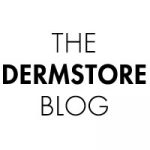
From the latest hair and makeup trends to the best solutions for your skin issues, we've got all your beauty concerns covered!
Related Posts
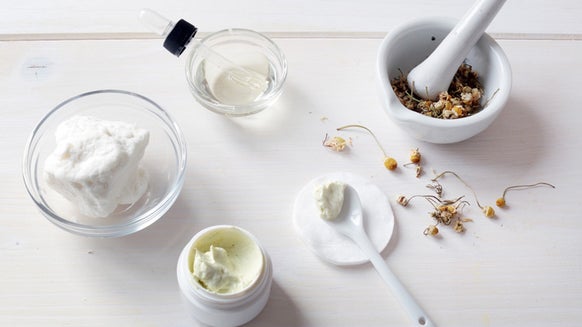
The Skin Care Benefits of Chamomile (And the Best Products That Have It)
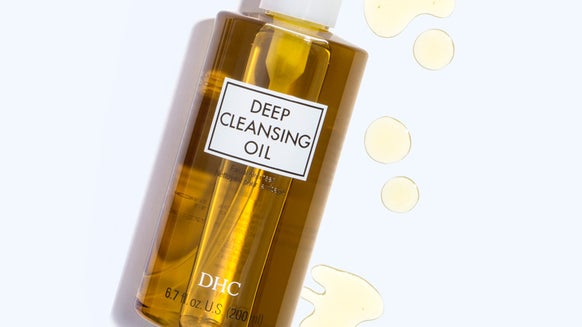
The Best Oil Cleansers for Your Skin Type—And How to Use Them for Best Results




